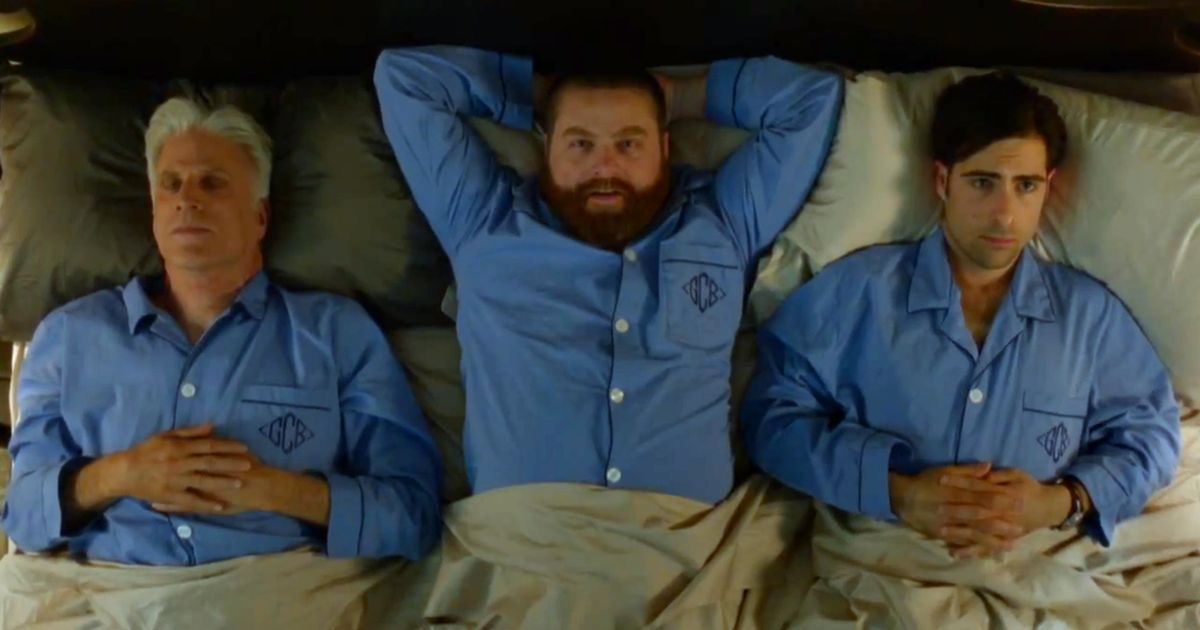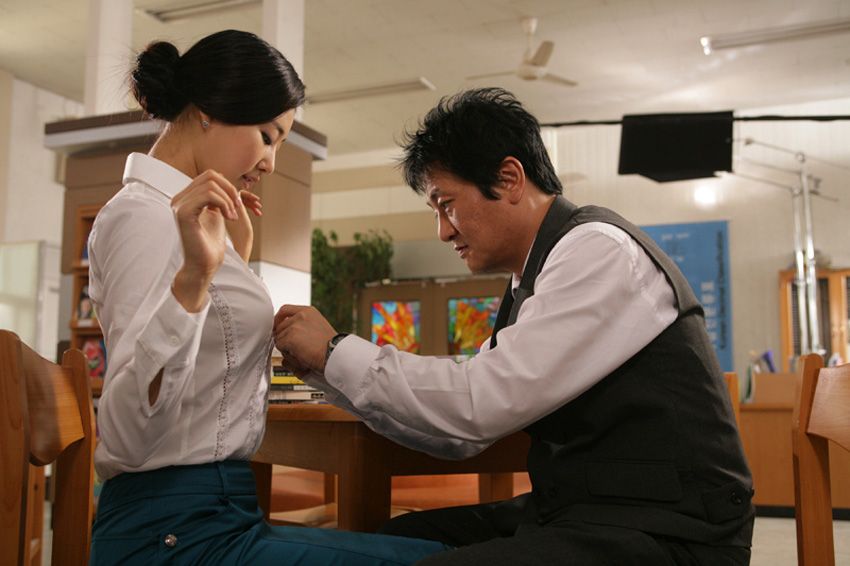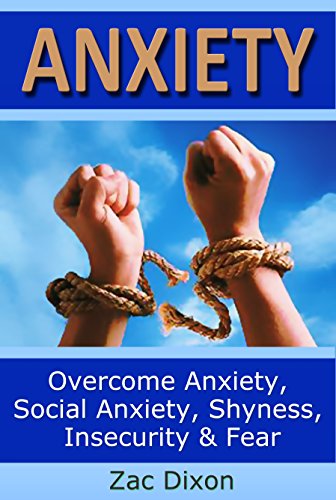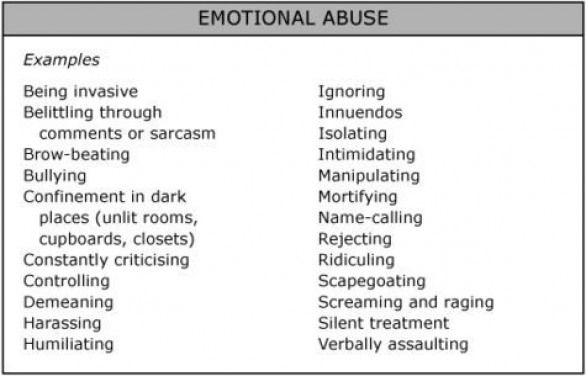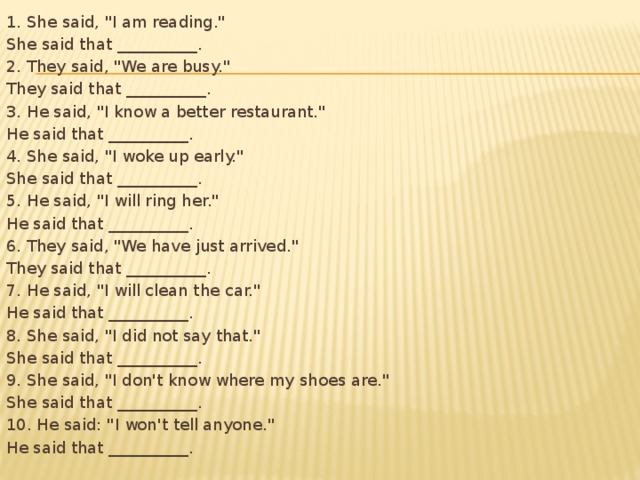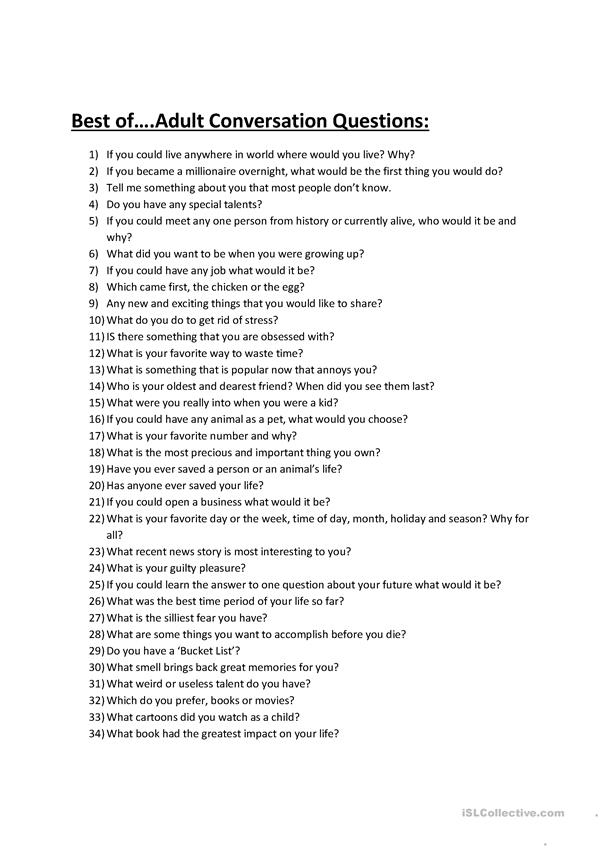Retired and bored to death
The Ultimate Guide on Things to Do When Retired and Bored
Retirement is supposed to be the best time of your life, right? No one retires and expects to be bored to death. That isn’t what you signed up for.
When retired and bored, the best way to revitalize is by trying new things and engaging with others. These can include physical activities, social events, learning new skills and giving back to others.
The ultimate guide on things to do when retired and bored takes a unique approach to breaking the cycle of monotony. Rather than an expansive list of 100 plus activities, it’s helpful to understand the root cause.
Why We Get BoredEver notice how quickly time passes when you’re doing something fun?
Perhaps you’re out with friends, learning something new or working on a project. The point is, when we’re involved in something interesting, time flies.
When we’re not engaged and participating, our minds tend to wander off. This can be a fleeting state of mind or harden into a more permanent state. Symptoms can include:
- Reduced energy level and feeling lethargic.
- Lack of interest in trying anything new.
- Inability to self entertain. This can lead to endless hours of television or social media.
- Reduced social interaction
- "Busyness" and getting caught up in trivial tasks. These are generally neither interesting nor challenging; just something to do.
Thus, when boredom sets in everything begins feels the same and it’s like you’re stuck in a rut.
Retired and Bored to DeathBored to death is an expression conveying extreme boredom, something many retirees are vulnerable to.
Let’s face it, retirement isn't always an easy transition. Going from a busy lifestyle to suddenly having an extra forty plus hours a week is a drastic change.
At first, everything seems wonderful as we can do whatever we want. Life becomes slower paced and more relaxed. After a while, the novelty begins to wear off.
The daily routine can feel set in stone. Mundane tasks such as morning coffee or making lunch expand to fill the empty hours. Every day starts to feel the same and it’s like “Ground Hog Day”, The high point of the week might be going grocery shopping.
Then comes the “make work projects”. A classic example of this was the gentleman who took it upon himself to completely reorganize his wife’s pantry. As you can imagine, her reaction wasn’t quite what he expected.
On a side note, men often struggle more than women. In many cases, their focus was work and they never developed outside interests. Our article What to do with a Retired Husband with No Hobbies expands upon this phenomenon.
To break this cycle, we need to develop outside interests.
Dealing With Boredom in RetirementCommon retiree advice is to find a hobby and keep active. In other words, start trying new things to do when retired and bored. Unfortunately, it's easier said than done.
In other words, start trying new things to do when retired and bored. Unfortunately, it's easier said than done.
This is largely because the majority of us don’t know what we’ll enjoy. A buddy of mine decided to join a “build a ship in a bottle” group. It was fun while it lasted, but not really his thing. Now what?
The underlying issue is finding something worthwhile that's also interesting. This will be different for each of us.
Purpose in Retired LifeThroughout most of life, it might have seemed we were on autopilot. We were busy holding down a job and perhaps raising a family. In effect, these served as a sense of purpose.
Now, what's the reason to get out of bed? Hopefully it’s more than to take your meds!
Sense of purpose can mean different things to each of us. Yet fundamentally it's what’s important and meaningful to you. Without it, we’re aimlessly drifting.
Rather than trying to express it in a grandiose statement, for myself, it’s four aspects of my life:
- To live a healthy and happy life.

- Spend quality time with family and friends.
- Stimulate my mind and always learn new things.
- Make a difference for others
These guide me in how I spend my time. When your activities support the areas which are important to you, everything begins to fall in place.
Determining Your InterestsIsn’t it sad that after a lifetime of hard work, most of us are at a loss to identify anything that really excites us? We simply never made the time to develop our passions.
Without a doubt, it's easy to dismiss all those things which don’t interest us. The greater challenge is to discover (or re-discover) interests which will add zest to life.
This is where finding something which supports what's of importance to you really helps.
My wife wants to improve her health, yet she despises working out in a gym. Last year we bought bikes and love going for rides. Another example could be playing pickleball. Besides being a fun way to get active, it’s a great way meet new people.
Another example could be playing pickleball. Besides being a fun way to get active, it’s a great way meet new people.
If you can find something which intrigues you, give it a shot. If it doesn’t work out, you can always move on to something else.
If you enjoy cards, there’s likely a local group looking for new members. In fact, our article The Best Card Games for Older Adults reveals the widespread popularity of Bridge and Rummy, just to name a couple.
Taking the approach of aligning your values with interests, makes it easier to find something you’ll enjoy and stick with.
Physical ActivitiesLiving a healthier lifestyle is something almost all of us strive for. Especially as we age, it becomes vital to remain physically active and maintain a healthy diet.
Think of it as an investment for your future to live a healthier, happy life. It's suggested that you should have a minimum of 30 minutes a day of brisk activity.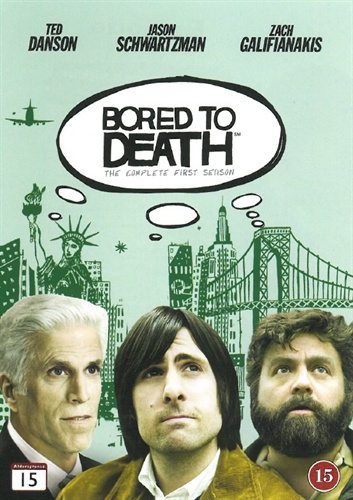
Some of the benefits of daily physical activity include:
- Greater energy and stamina.
- Improved health with decreased risk of disease.
- Weight loss through calorie burning.
- Better sleep and appetite.
- Less risk of falls.
In addition, improved mental health and social engagement are associated with a more active lifestyle. Let’s be blunt, most people dread the idea of going to a gym to workout.
The last thing you want is to do is something boring, so how about something fun?
Some of the best activities include swimming, aquacize, walking and cycling. All are low impact and often done with others in a supportive environment.
Perhaps, there’s a recreational league nearby and playing a sport is more appealing to you. Some things to do when retired and bored are:
- Daily walk, cycling, jogging
- Swimming, aquacize
- Aerobics, yoga, tai chi, Pilates
- Self defense course or take karate, judo, taekwondo, jiu jitsu, kung fu, etc.

- Recreational sports such as basketball, volleyball, racket ball, softball, tennis, badminton, pickle ball, bowling, etc.
- Golf (especially without a golf cart)
- Archery
- Lawn bowling
We’ve all heard the term “people matter” and it really is true. In fact, the quality of our social connections is vital to health and longevity.
Our article, The Most Important Ingredient for Happiness in Retirement, underscores how intertwined relationships are with health and happiness.
The majority of retired couples find themselves spending far more time together than ever before. This in itself can be a big adjustment. While it provides the opportunity to strength their relationship, it can also strain it.
This calls for a balanced approach of shared and separate interests / friendships. Examples of things to do together can include:
Examples of things to do together can include:
- Spouse – quality time together such as cooking, going for a walk or planning a vacation.
- Family time with other family members and elderly parents.
- Grandchildren – get more involved in their lives and holidays, special and daily events.
- Other couples - getting together for a night out.
- Having friends over for supper or an evening of games.
- Taking a fun course together such as a dance class.
Separate interests are necessary to prevent either partner from feeling stifled. It also allows each of them to fulfill individual social needs. These can include:
- Getting together with the girls / guys.
- A group such as a book club, bridge, golf league, etc.

- Volunteering or supporting the local community.
- Taking a special interest class
Our article, Ideas to Rekindle a Marriage in Retirement, provides further thoughts.
Mentally Stimulating ActivitiesFirst and foremost, the greatest factor for cognitive decline is lack of mental stimulation. Sitting in front of the TV can be entertaining and pass time, however, it does little to stimulate creative thinking.
Moreover, learning new things can be exciting and rewarding. Some examples could include:
- Take a course (online or classroom) on creative writing, home repair, automotive repair, starting a business, photography, or whatever interests you.
- Read books.
- Learn a new language.
- Learn a musical instrument such as guitar or piano.

- Join an interest group – politics, bridge group, chess, etc.
- Start a business - consulting, online, service based (house sitting, lawn maintenance, dog walking, etc.)
- Genealogy – research your family tree including traveling and pulling it together in a book.
The old adage “it’s better to give than receive” has never been truer. Simply put, it feels good when we make a difference for others. Studies suggest this can increases social connection, feelings of belonging and even sense of purpose.
At this stage in life with our skills, experience, and free time there are many ways to help others. Volunteering for a worthy cause is just one way to get involved.
You might choose to join a community group or contribute to a church initiative helping at the local level. Sharing your experience by teaching or mentoring others is another option.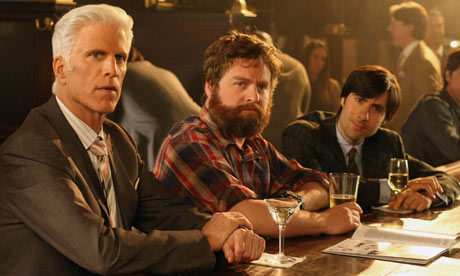
Volunteer opportunities can include:
- Senior centers
- SPCA
- Church
- Boy Scouts / Girl Guides
- Big Brothers / Big Sisters
- Habitat for Humanity
- Local Shelters
- Food Bank
- Sports teams - little league baseball, soccer, basketball, volleyball
- Schools and colleges teaching and / or mentoring others
You’ll probably notice that many activities will benefit you in several ways. For instance, an exercise class not only promotes better fitness, you’ll meet new people. This can be motivating and, also, more enjoyable.
Deciding to learn to play the guitar stimulates the mind to learn the chords and strumming.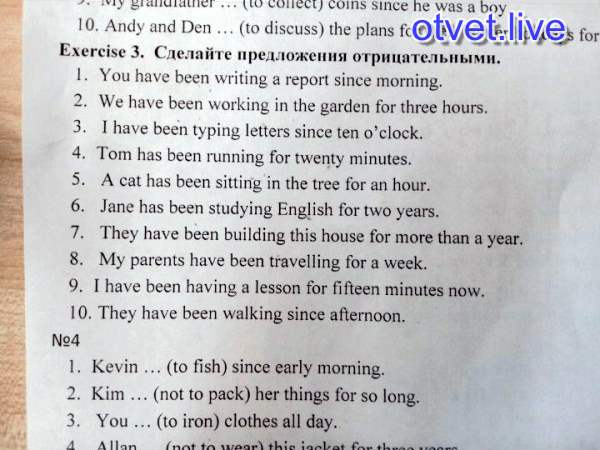 Taking a class introduces other like-minded people and make it easier to stick with it.
Taking a class introduces other like-minded people and make it easier to stick with it.
After gaining some proficiency, you might wow the grandchildren with your rendition of "happy birthday". This might even lead to teaching them how to play and sharing time together.
Closing Thoughts on Things to Do When Retired and BoredRetirement can be a difficult transition, particularly when it comes to finding meaningful activities. The daily routine is uninspiring and, all too frequently, retirees report feelings of dissatisfaction and boredom.
Instead of these being the best years of life, these folks are distinctly unhappy. Nothing seems interesting or worth doing. To address this, they need to re-visit what's important to them.
Included could be health initiatives, greater social interaction, mental stimulation and giving back to others. When broken down this way, it’s easier to find activities which add value.
Even so, it often becomes a trial-and-error process in finding the things you really enjoy.
Boredom Can Be Dangerous to a Senior’s Health
We’ve all heard the phrase, "bored to death". All of us need to feel purposeful in life, and seniors are no exception. While boredom makes most people lethargic, it can have even greater consequences for seniors. Even to the point of being life-threatening.
Seniors often struggle with depression and anxiety, and boredom is a big culprit in this. They can feel lonely and isolated as they age, and boredom just compounds this problem. Everyone needs self-worth, but we probably don’t realize just how dangerous it can be for seniors to cope with the effects of loss of purpose that comes from just being bored.
Just What are the Effects of Boredom in Seniors?Back in the 80s, research was conducted on more than 7000 people who were between the ages of 35-55. They were asked about their daily lives and if it included boredom. 25 years have passed, and these same people have been followed up on to determine the conclusion of the impact of boredom on their lives and how it affected their health. The study showed that people who are chronically bored were far more likely to die much younger from conditions such as heart attack and stroke. These study results confirm how powerful the link is between mental and physical health.
The study showed that people who are chronically bored were far more likely to die much younger from conditions such as heart attack and stroke. These study results confirm how powerful the link is between mental and physical health.
Many seniors struggle with feelings of worthlessness that stem from being bored after they have retired. While this may come as a surprise to many, it’s more common than you think. Our retirement years are supposed to be our time of well-deserved rest and relaxation after decades of being in the workforce. However, many seniors are surprised to find that retirement isn’t what they hoped it would be. The loss of their normal routine, contributing to society, losing friends or family, and health issues can bring about depression and loneliness in seniors after they’ve retired.
Alarming new statistics reveal that men in their senior years are suffering more than anyone from being bored.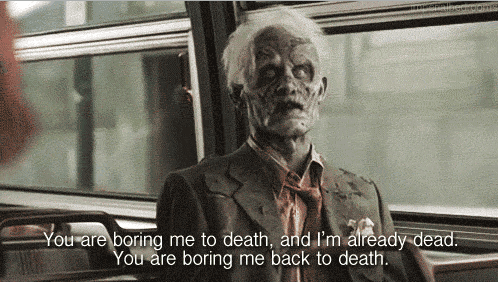 These numbers suggest that one of the highest rates of suicide is now in men over the age of 85. While senior women have much lower numbers of suicide deaths, there is plenty of evidence that points to overall attempts of suicide being higher in women.
These numbers suggest that one of the highest rates of suicide is now in men over the age of 85. While senior women have much lower numbers of suicide deaths, there is plenty of evidence that points to overall attempts of suicide being higher in women.
- Keep active. Staying active keeps the mind sharp and the body healthy. Getting exercise is just as important in your senior years as it is when you are younger!
- Stay Creative. Take up a new hobby or return to an old one. You never know what new skills you may discover, and brain function is always improved when we have a creative outlet.
- Keep Up Your Social Life. The biggest enemy of boredom is social activity. Keeping up with friends and family, going on outings, talking on the phone, and community activities allow seniors to stay happy and connected.
- Don’t Be Afraid to Try New Things.
 Volunteer for a worthy cause or charity, join a book club or even sign up to take a class to learn something new. Stepping out of our comfort zone will go a long way in preventing boredom.
Volunteer for a worthy cause or charity, join a book club or even sign up to take a class to learn something new. Stepping out of our comfort zone will go a long way in preventing boredom.
Seniors deserve the best life possible. They are often forgotten and fear dying bored and alone. Don’t let this happen to the senior loved one in your life! For more information on preventing boredom in seniors, contact us today!
Home Helpers of Beverly Hills is a locally-owned, trusted home health care agency and offers quality, compassionate senior in-home care services including home care assistance, personal care, companion care, respite care, Alzheimer's & dementia care as well as homemaker services in Beverly Hills, West Los Angeles, Santa Monica, and Encino, California.
- Health and Wellness
Is retirement a slow death?
- Brian Borzykowski
- BBC Capital
Sign up for our 'Context' newsletter to help you understand what's going on.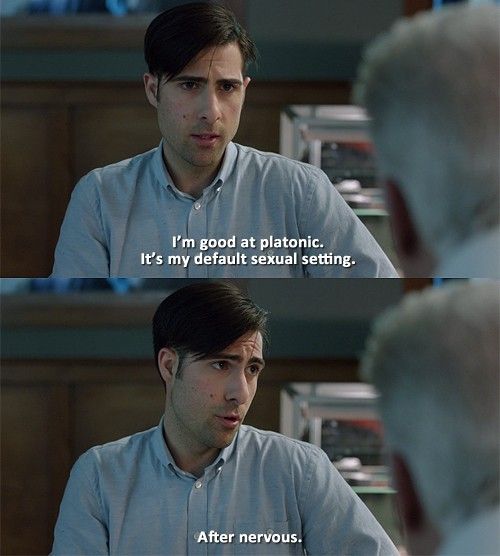
Image copyright Thinkstock
A number of studies show that retirement is bad for your health. Correspondent BBC Capital tried to figure out why.
In 2003, Harry Prosen left his position as head of psychiatry at the Medical College of Wisconsin, but the 71-year-old doctor had no plans to retire. He decided to focus on other activities so as not to sit idly by.
Now 83, Prosen still sees several patients, consults with a number of organizations, recently reviewed a 600-page manuscript for a friend, and regularly reviews several medical publications just to "keep his finger on the pulse," he claims.
But not only the love of work makes Harry Prosen give her 30 hours a week in his ninth decade. He believes that being constantly busy with something is vital.
Prosen is sure that if he stops working at all, he will soon die.
Perhaps he is not far from the truth.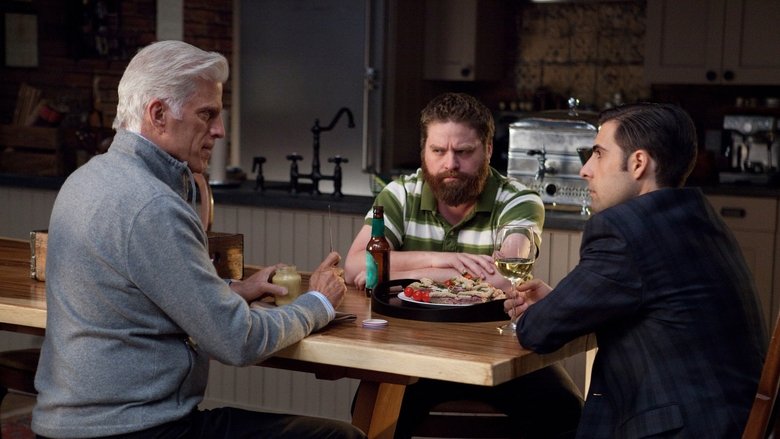
According to a report published in May 2013 by the London-based Institute of Economic Affairs, newly retired people are 40% more likely to develop depression and 60% more likely to be diagnosed with at least one disease. These data were obtained after testing a control sample of people for age-specific diseases and ailments.
Gabriel Sahlgren, head of research at the Center for Market Educational Reform and author of the aforementioned report, was surprised by how bad retirement is for health. Nine thousand people from 11 European countries participated in his study. As it turned out, they have similar problems.
In the first year after retirement, a person's health usually improved ("It's good to take a break from work," says Sahlgren), but after two or three years, the mental and physical condition of pensioners began to deteriorate.
Skip the Podcast and continue reading.
Podcast
What was that?
We quickly, simply and clearly explain what happened, why it's important and what's next.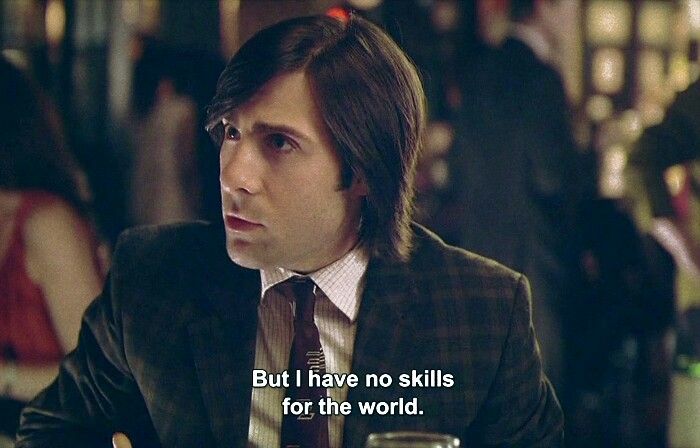
episodes
End of story Podcast
Other studies support these findings. From 1992 to 2005, Dhawal Dave, assistant professor of economics at Bentley University in Waltham, Massachusetts, monitored 12,000 Americans and found that, on average, a person was diagnosed with a disease within six years of retirement. . Common diagnoses include hypertension, heart disease, stroke and arthritis, Dave says. In addition, he found that retirees are more likely to get depressed.
Although the retirement age varies from country to country – for example, in China, men retire at 60, in India the retirement age ranges between 60 and 65, and in Norway it is 67 – the results of the study of residents of other countries are generally similar . Both physical and mental problems worsen with retirement, regardless of whether the pensioner is 65 or 75 years old.
What is the reason?
There are a number of reasons for poor health after retirement, Dhwal Dave explains, but the most important of these is the loss of a stimulating social environment. For many people, work is the place where they are most socially and physically active. When basic social contacts cease to be relevant, health degrades.
For many people, work is the place where they are most socially and physically active. When basic social contacts cease to be relevant, health degrades.
"If this interaction with other people disappears, you become more alone," says Gabriel Sahlgren. "Studies show that loneliness leads to mental illness, which, in turn, can cause physical illness, because yourself."
Image copyright, Thinkstock
Image caption,However, if you're not in danger of a drop in income, then you shouldn't be afraid of a pension either. A person who receives less money can start buying cheaper products, go to the doctor less often and refuse a gym membership, the expert explains.
Mary Peterson doesn't need research to find out how retirement affects her health. This resident of the Canadian city of Muskoka in Ontario is already over 60, she is surrounded mainly by people of retirement age, and she knows firsthand how the lack of work affects a person.
According to Peterson, a surgeon friend of hers had a stroke two months after her retirement, and another friend of hers developed memory problems after sitting in front of television for six months.
"When jobs disappear, most people have no idea what to do," she says. "And that, in turn, leads to degradation."
Mary Peterson's husband ended a busy career in the financial sector at the age of 55. Four years later, he was diagnosed with cancer. Retirement is unlikely to have caused him to become ill, but Mary had a similar thought. "Health is a strange thing," she says.
Her husband was able to cope with the disease, and now he is a healthy 66-year-old man. However, he did not sit at home, leaving work - according to his wife, this is what helped him maintain mental and physical health. He decided to take up singing, which he dreamed of all his life, signed up for vocal classes and practices almost every day. Mary Peterson is sure that her husband is alive and well thanks to singing.
How to deal with ill health?
Observing his friends and acquaintances, psychiatrist Harry Prosen notes that the healthiest of them still work, volunteer, play sports, and lead an active social life.
Image copyright, Thinkstock
Image caption,Keep an active lifestyle and you'll be safe from retirement
Researchers say this is the key to health problems in retirement. Retirees need to fill the void that appears in their social and physical activity after leaving work - and with activities that stimulate them, says Dhawal Dave.
There is, of course, another option: you can continue to work.
Gabriel Sahlgren points out that human life expectancy is now higher than ever. In many countries, people live on average to 80 years or even longer, 10 years more than in 1960. All the less reason to retire at 65.
Sahlgren doesn't offer to work until you die right at your desk. He only believes that suddenly retiring is not worth it. The best alternative for many, according to the expert, is a gradual reduction in workload.
He only believes that suddenly retiring is not worth it. The best alternative for many, according to the expert, is a gradual reduction in workload.
"Perhaps we should reconsider the social balance between work and retirement," he says. "Then we'll have a chance to avoid some of the negative effects of retirement."
Although Harry Prosen does not exclude that sooner or later he will stop seeing patients, his plans include working in one capacity or another until a serious illness prevents this.
"Of course, Alzheimer's can knock me down," he laughs, "but only through my dead body!"
Read the original of this article in English is available on the website BBC Capital .
“Old age is a loss of speed”: what modern writers think about aging
Open conversations about age “Age as art” have become traditional. This time we invited writers to the cozy hall of the Mansion on Volkhonka: poets Vera Pavlova and Akh Astakhova, the author of the collection of stories "Women of Inexorable Age" Alexander Tsypkin.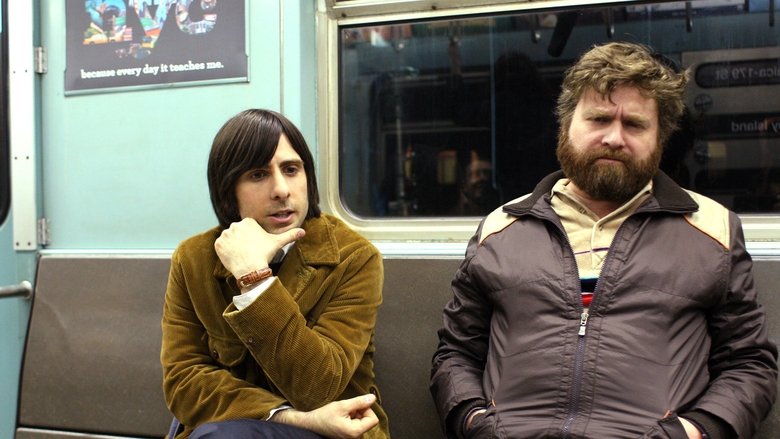 The meeting was moderated by journalist and director Fyokla Tolstaya.
The meeting was moderated by journalist and director Fyokla Tolstaya.
Old age has “moved away”, and, according to the participants of the conversations, age after retirement is a time for a wonderful life: a person is still active and healthy, but in order for him to realize himself, certain conditions must be created, and in Russia, unfortunately, an elderly person even hard to get a job. The guests also talked about who sees his own old age. Among the issues discussed were purely practical ones: how to dress "according to age", whether it is worth living in a large family with children and grandchildren, if you can live separately; and deeply personal: is it possible to divorce after 70, how to give the last orders correctly.
The conversation turned out to be honest, and it seems that the guests of the conversations are already used to the fact that one can talk about old age in public, that there is nothing shameful in the very word “old age”, that one can treat aging as a happy part of life.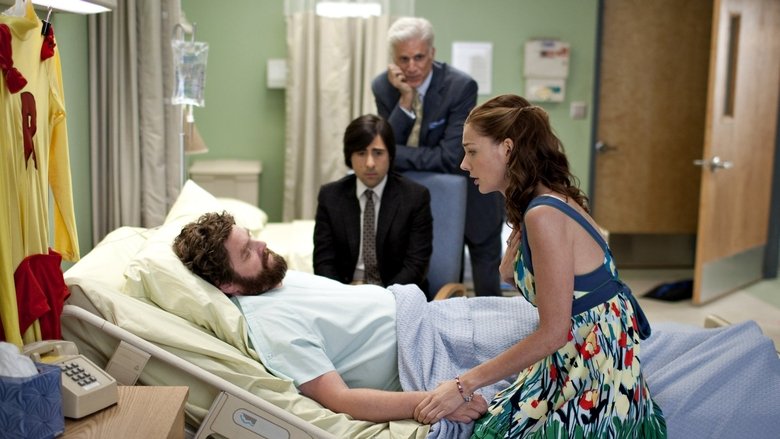 Young people gathered in the hall, for whom the topic of old age is not something they think about every day, and they introduced the older generation, who now have time to live for themselves and be alone with themselves. They asked questions and shared their own opinions.
Young people gathered in the hall, for whom the topic of old age is not something they think about every day, and they introduced the older generation, who now have time to live for themselves and be alone with themselves. They asked questions and shared their own opinions.
Here are the most interesting fragments of the conversation.
What to do in old age
Alexander Tsypkin: To be honest, the only thing I’m thinking about now is what I will do from 60 to 80 years old. Undoubtedly, it is interesting to meet friends, listen to music, but as you get older you become less capable, but the brain remains so. Today, virtual reality allows you to travel, learn new things... Do whatever you want! In my old age, I would like to be one of the first to move there. I will use all the technical possibilities that I can.
Ah Astakhova:
Age is not important, indicated in the passport,
Only the soul knows how old we are.
I think that it is more important to stay young in spirit, despite your age. I had and still have a very good example - a biology teacher. Now she is over 80 years old. She worked at the school until deep retirement, took either difficult students or those in whom she saw potential, and developed her creative abilities. I was engaged in meditation with them, loved to put on performances. It was this person who influenced my perception and development as a poet, because thanks to her I began to write poetry. In my old age, I would like to be useful to the younger generation.
Vera Pavlova: I have a verse that exactly answers the question "What will I do in my old age?".
At fifty, give birth to twins,
Give excess milk to newborn grandchildren,
At sixty, write a symphony in five parts,
Conduct with the choir at the premiere.
At seventy to enroll in calligraphy courses,
Classical dance, martial arts,
Design, aircraft driving.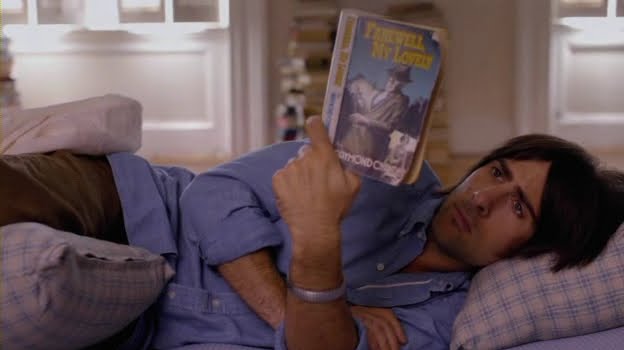
At eighty, learn to cook, sew, knit, embroider,
Weave linen and carpets, weave lace and baskets.
At ninety - remove all teeth
Absolutely healthy.
But what do you want to do,
If a new shift breaks through?
My beloved friend Valentina Polukhina likes to repeat: “At 65, I retired and got married.” Now I can proudly say about the same thing: in a month I am retiring and publishing a book of erotic poems. Also, I'm getting married. This is how I celebrate my retirement.
Frames of old age
Akh Astakhova: It’s hard for me to argue whether the second youth begins at 50, because I’m only 30. Just such a milestone when many questions arise: about children, family life ... In our mentality it is laid down that for a woman after 30 years, “adult” life begins and it is necessary to comply with certain frameworks that were established in Soviet times. But I noticed that these frames are significantly moving away: I look at my mother, listen to what she says, what questions she asks me, and I understand that before old age began much earlier. Now the time frame has changed a lot.
Now the time frame has changed a lot.
If there is a long-liver in the family
Alexander Tsypkin : When I was born, all great-grandmothers and all great-grandfathers were alive in my family. Many of them lived to be 100… My grandfather passed away not long ago, and I managed to interview him. For three hours we talked about everything. And I'm happy that I had the opportunity to record everything. And my great-grandfather was a very respected doctor, at the age of 86 he got up at 6 in the morning and rode the tram for 1.5 hours to give a consultation. Everyone who works and engages in intellectual work for a long time feels alive for a long time. They definitely don't get bored.
Ah Astakhova: My grandmother was my friend. I spent the whole summer with her, and I was really interested. Much more interesting than playing with your peers.
Vera Pavlova: My grandmother Rosa lived to be 100 years old. When she was 98, I wrote a story about her. I bring her a magazine with a story, I say: “Grandma, the magazine is about you.” She replied: "Come on, let's read." I took a magazine and started reading. Without glasses. “Grandma knew a lot of verses by heart…,” my grandmother reads to herself in my story and immediately says: “How did she know that? I know even now.” I quickly turn on the recorder, and my grandmother reads by heart: “You are still alive, my old woman, I am also alive ...”. Completely and without errors. In old age, we hold on to what we love most. Grandma loved poetry most of all.
I bring her a magazine with a story, I say: “Grandma, the magazine is about you.” She replied: "Come on, let's read." I took a magazine and started reading. Without glasses. “Grandma knew a lot of verses by heart…,” my grandmother reads to herself in my story and immediately says: “How did she know that? I know even now.” I quickly turn on the recorder, and my grandmother reads by heart: “You are still alive, my old woman, I am also alive ...”. Completely and without errors. In old age, we hold on to what we love most. Grandma loved poetry most of all.
Meeting with great-grandchildren… virtual
Alexander Tsypkin: Our great-grandchildren will learn everything about our generation by opening our social networks. We do not really understand this yet, but we will be able to educate them with our correct posts on social networks. They will open them for sure. Would you like to know what your great-great-great-grandmother wrote on the day of Pushkin's assassination? And they will visit our pages. When we write our posts on social networks, we leave instructions for the application of life for our future generations.
When we write our posts on social networks, we leave instructions for the application of life for our future generations.
The right to… divorce
Vera Pavlova: I lived in New York for 13 years and often watched TV. Humane, wonderful stories about old people were constantly shown there. I remember some. Mr. N and Mrs. N filed for divorce after 50 years of marriage because Mr. N found her 40-year-old love letter. And here is another: Mr. N and Mrs. N, after 50 years of marriage, got into a car accident and lay in intensive care in neighboring beds. Mr. N walked away, but the monitor continued to show a heartbeat. Doctors couldn't figure out what was going on until they noticed they were holding hands and his heart was "heard" through her body.
Old age and a sense of style, or How to dress the elderly
Vera Pavlova:
Frankly: forty-nine.
I will console myself with a joke:
I was the Swan Princess,
And I will become the Ugly Duck.
But be careful, old age,
Lie, don't lie! –
I will still remain
The most beautiful in the class
Alexander Tsypkin: If a person has a taste, then he will never betray him: neither in youth, nor in old age. But, in my opinion, a sense of style in old age is much more important.
Ah Astakhova: The main thing is how old a person feels, the inner emotional state is important. There should be no words "can" and "impossible". Many have probably seen a video on the Web about an elderly woman who loves green very much: she has green hair, she is dressed in everything green. She causes only sincere admiration, because she has inner freedom.
What to live for
Alexander Tsypkin: This time is definitely for yourself. And if there is time for grandchildren in this “for yourself”, then you need to enjoy your grandchildren. And if in this "for oneself" there is pleasure from love, then you need to enjoy love. This is the age when no one owes anything to anyone: the children have grown up, the parents are buried.
This is the age when no one owes anything to anyone: the children have grown up, the parents are buried.
Vera Pavlova: I was reminded of the words of the poet Auden: “Man is obliged to be happy before God, and he is obliged to please his neighbors and relieve their pain.” And what, then, is "for yourself"? To please your neighbors and ease their pain! And to be happy is again for God, not for yourself.
Message to the future self
Vera Pavlova: Do not forget about your books. I write in order not to forget at the last moment.
Alexander Tsypkin: Remember that this is my life, and no one else knows how best to use it. I definitely won't listen to anyone's advice.
Ah Astakhova: I would always like to remember myself as a child. It is the bright flashes from my childhood that allow me to keep in touch with my own soul.
Age and old age: about the difference between concepts
Vera Pavlova: Old age is a matter of speed loss in the metaphysical sense.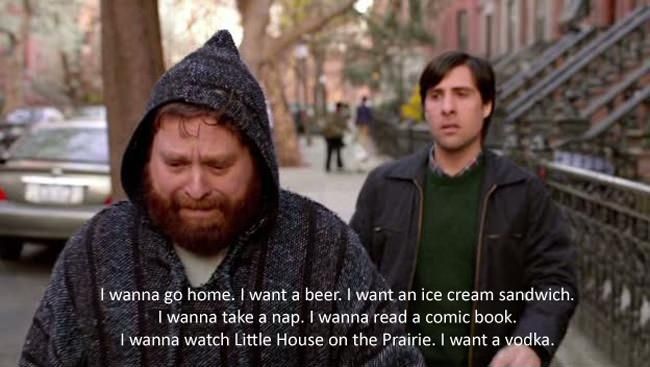 You can not lose speed until death, or you can lose it at 25. Or you can not gain it at all: to be born an old man.
You can not lose speed until death, or you can lose it at 25. Or you can not gain it at all: to be born an old man.
Alexander Tsypkin: Any person, as soon as he stops developing, instantly becomes old.
Ah Astakhova:
Imagine for a second: the last dawn,
Lying in bed, surrounded by doctors,
A man in his eighties —
Without a shadow of a doubt, without a drop of sadness.
He looks at the wall: there is a portrait on it,
On him he smiles with all the rays
A beautiful woman of forty years —
Without a shadow of a doubt, without a drop of sadness.
And the doctors see: he is, no doubt, ready!
Let them meet each other in an unprecedented distance
A man and a woman without ages -
Without a shadow of a doubt, without a drop of sadness.
"Age as Art" talks
This is a special project of the VI National Conference "Society for All Ages", supported by the Elena and Gennady Timchenko Charitable Foundation.